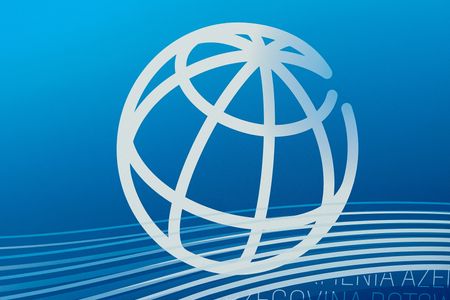By Andrea Shalal
WASHINGTON (Reuters) – The World Bank and other multilateral development banks are making good progress on reforms to expand their lending capacity to help countries brace for climate change and other challenges, but more work is needed, a senior U.S. Treasury official said.
The official lauded a report issued on Friday by the Inter-American Development Bank and World Bank on callable capital, the emergency capital pledged by governments but not paid in, as an important step that could allow the banks to lend more.
The Treasury has been pressing the multilateral development banks, or MDBs, for over a year to take rapid action to beef up their lending capacity given the trillions of dollars needed to help developing countries grapple with climate change and prepare for other global challenges.
Other recent steps taken by the African Development Bank and the Inter-American Development Bank (IDB) were encouraging, the Treasury official said, underscoring the need to maintain political momentum on the reforms.
“We have big ambitions. We’re seeing very good progress and there is still so much more to do. Both things are equally true,” the official said, speaking on condition of anonymity. “So far, I think we are exactly where we had planned to be.”
Progress on the callable capital issue came after months of hard work, including reverse-stress tests at five of the biggest multilateral development banks.
The next phase would be continued engagement with credit rating agencies, which are assessing possible changes in how they treat callable capital and instruments such as hybrid capital.
The Treasury was sharing news with other banks about a successful first hybrid capital issuance by the African Development Bank, which went better than thought and got better pricing, the official said.
It was also encouraged by a capital increase at IDB’s investment arm and a change in its business model that should encourage private sector interest by absorbing the higher risk of projects early on.
“These things are not all magical, but it’s a huge deal,” the official said. “If it goes well, I think it’s something that other banks will watch and hopefully emulate.”
Additional progress was expected in coming months, including an increase in callable capital at the African Development Bank, the replenishment of concessional funding at the Asian Development Fund, and the World Bank’s expected replenish of the International Development Association lending arm in December.
“I think that all the banks are on the right path, they haven’t veered off course. They’re at different stages in the journey, but they’re all still moving,” the official said.
(Reporting by Andrea Shalal; editing by Jonathan Oatis)





